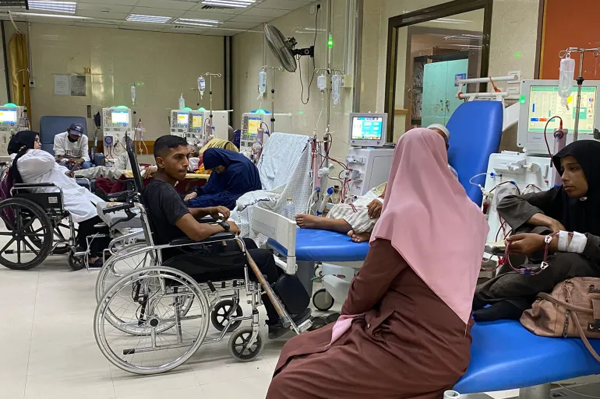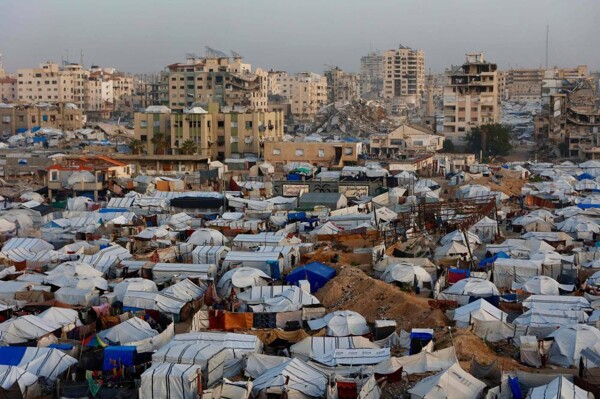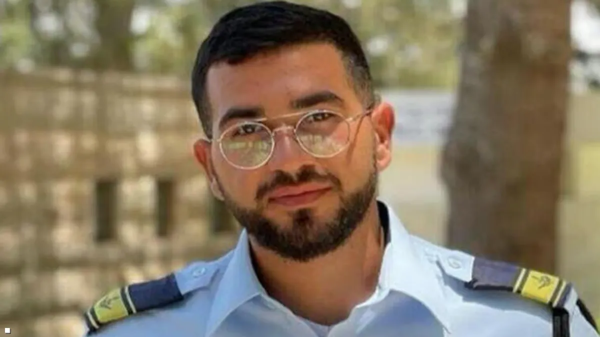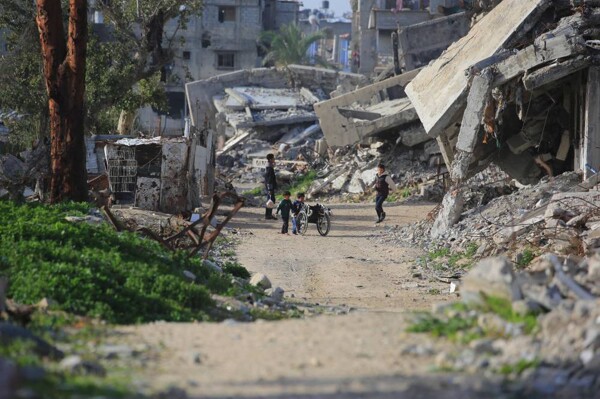
Israeli authorities have stated that several groups receive financial support, weaponry, and military training from the Islamic Republic of Iran, posing a constant threat to Israel's security and its civilian population. Israel's response came after the attack on October 1 by Iran, which included about 200 projectiles launched against Israeli territory, including several hypersonic missiles. All planes and pilots returned safely, according to spokesperson Hagari.
The spokesperson for the Israel Defense Forces (IDF), Daniel Hagari, mentioned that Iran has begun to "pay the price" for its recent attacks against Israel. Despite the escalation of tensions, Hagari assured that there are no changes in the guidelines of the Home Front Command and urged citizens to follow the authorities' instructions.
Israel, facing an increase in hostile activity from Iran, accuses Tehran of actively supporting terrorist groups such as Hamas and Hezbollah in Gaza and Lebanon. The actions taken aim to reduce tensions and prevent an endless escalation of reprisals. Israeli Prime Minister Benjamin Netanyahu ordered the IDF to carry out selective attacks on key targets in Iran, ensuring their precision and success.
During the retaliation operation, Israel conducted successful bombings in Iran in defense of its sovereignty. Hagari confirmed that the targets hit were carefully selected and warned that Israel has the capacity to attack additional objectives if necessary. These actions respond to Iran's role in the conflict in Gaza and the region, according to Israel's accusations.
The United States, an ally of Israel, was previously informed of the attack and considered it an act of self-defense. Israel's attacks on Iranian territory affected facilities linked to missile manufacturing and defense systems, designed to limit the IDF's aerial operations in the region. While Israel could have attacked the bunker where the Iranian supreme leader, Ali Hoseini Khamenei, is presumed to be located, it focused on strategic targets, such as the ministry of defense, refineries, and air bases.
Israel had detailed information about the precise location of the Iranian supreme leader but chose not to attack, preferring to avoid escalation. The IDF remains on a high level of preparedness and is ready for any scenario, both defensive and offensive. The spokesperson for the U.S. National Security Council urged Iran to cease its attacks to avoid further escalation in the fighting.














